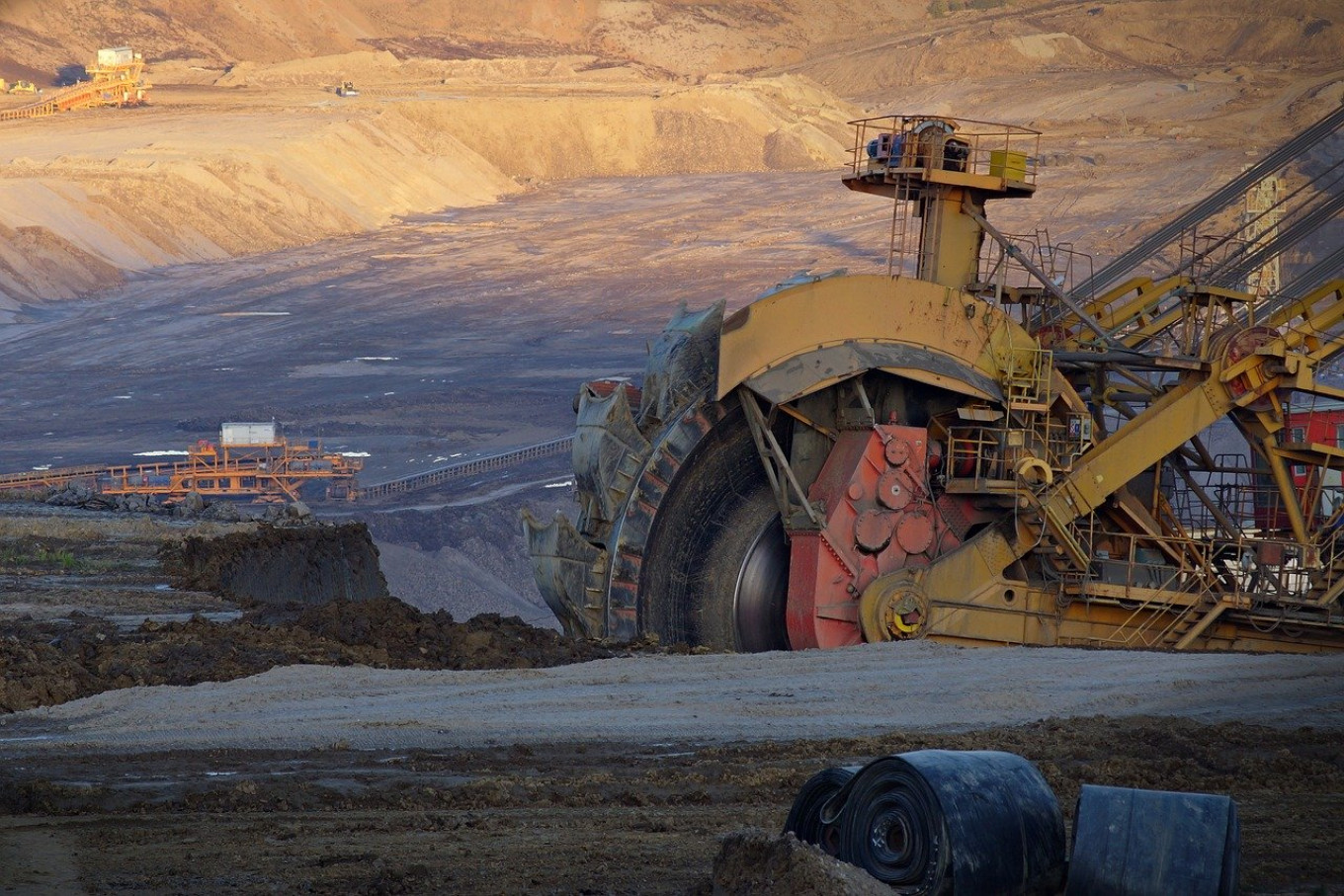
Roman Trotsenko, one of Russia’s richest businessmen, plans to invest 33 billion rubles ($476 million) into a major Arctic coal extraction project, Forbes Russia reported.
Trotsenko on June 18 formalized the acquisition of 75% of shares in the Arctic Mining Company and intends to forge ahead with big plans for coal production on the tundra.
Troubled project
The Arctic Mining Company was formerly owned by Dmitry Bosov, the businessman who died by suicide in early May. Bosov and his investment company Alltech had great plans for the project and originally intended to extract several hundred million tons of high-quality coal from his many license areas on the Taimyr Peninsula.
However, progress was seriously hampered by a lawsuit from Russian environmental authorities and lack of funds, and in early 2020 Bosov announced that he was abandoning the project.
By that time, construction workers had been in the remote and vulnerable lands since 2016 to prepare for project launch. Reportedly, $86 million has been spent on developing the project.
Several million tons
According to Forbes, the business deal is based on a swap of assets in which Trotsenko gets the Taimyr coal licenses and Alltech takes over full control over the Pechora LNG project.
Revised plans for the coal project aim to produce 1 million tons of coal per year by 2023 and 5 million tons by 2025. About 13 billion rubles ($167 million) will be invested in regional exploration and infrastructure development while 20 billion ($288 million) will be spent on the coal mines. Trotsenko himself intends to cover about 30% of the investments, while the remaining sums will be come from bank credits.
The estimates are far more modest than the ones originally presented by the company’s former owner. Dmitry Bosov intended to invest as much as $250 billion and reach a production of as much as 30 million tons by 2023. The coal was long seen as a key part of Russia’s goal to boost shipments along the Northern Sea Route.
Associated with Rosneft
Trotsenko is well-connected with powerful people in both the government and state companies. In 2009, he took the reins of the United Shipbuilding Corporation, a leading state shipbuilding company.
In 2012, he was appointed adviser to Igor Sechin, the head of state-run oil giant Rosneft. Trotsenko reportedly especially advised Sechin on issues related to the company’s activities on the Siberian shelf.
Since then, he has been involved in business projects connected with the state oil company in various ways. Both the Pechora LNG and the coal projects in Taimyr have links to Rosneft.
Chaika terminal
The Taimyr Peninsula is not new to Trotsenko. He owns several coal licenses in the area. With his company Severnaya Zvezda, the businessman has for several years planned the extraction and export of major volumes of coal.
Through Severnaya Zvezda, Trotsenko owns the license to the Syradasayskoye coal field in Taimyr and project plans include several millions of tons exported from a new port terminal located near Dikson on the Kara Sea coast.
Reserves are estimated at 5.7 billion tons and annual production is to reach at least 10 million tons. Originally, production was set to start in 2020.
The Syradasayskoye field is located about 120 kilometers from the coast of the Kara Sea, not far from the license areas of Vostok Coal.
The Chaika terminal will be the centerpiece of the projected new infrastructure in Taimyr. The terminal will be located on the peninsula’s west coast and serve export shipments both to Europe and Asia. The same terminal is planned to be used by Rosneft for its future Vostok Oil project.
Russia goes for coal
Demand for coal is in steep decline in Europe and other parts of the world, but Russia still envisions a significant growth in its own production.
A new state program for coal development through 2035 calls for increasing domestic output by up to 50%.
According to the program, up to 668 million tons of coal can be extracted by 2035, of which up to 392 million tons can be exported.
China and India are seen as key markets for the carbon-rich black rocks.
